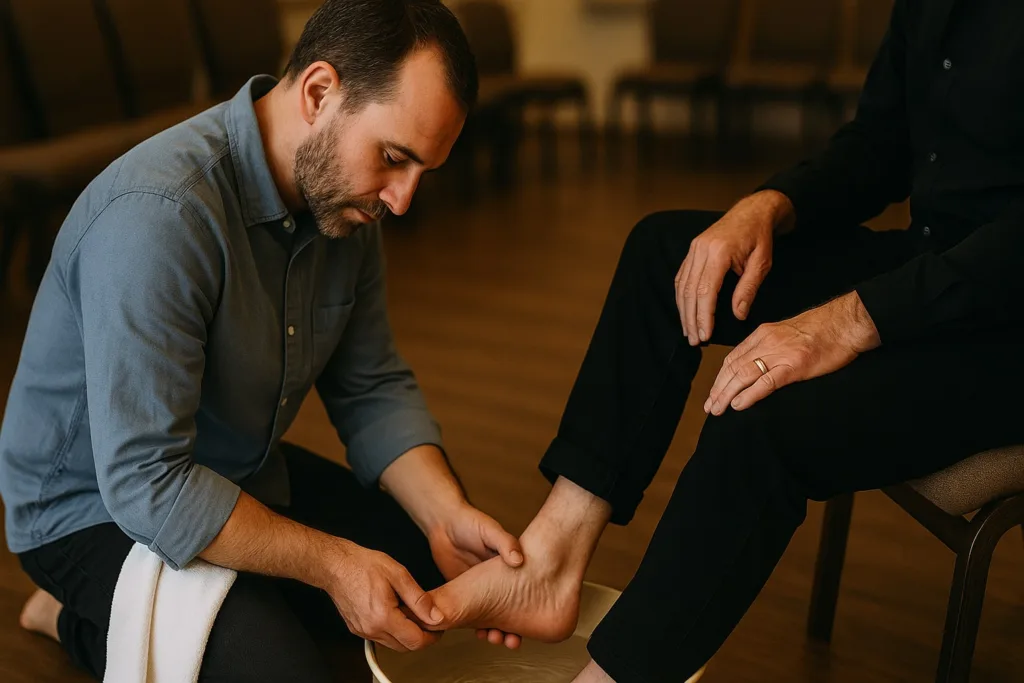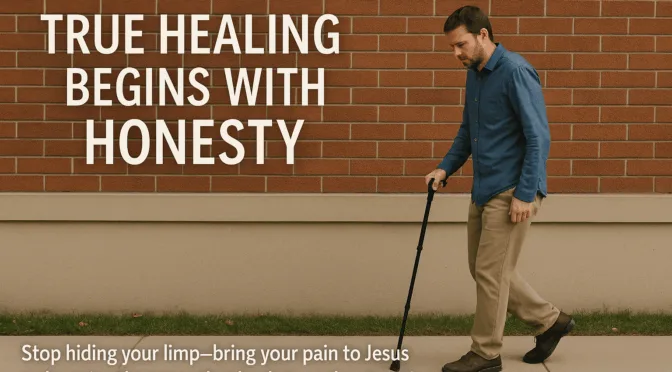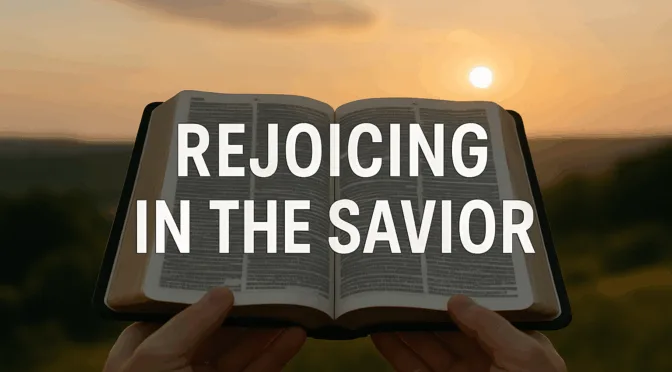Return to Me
To My Church, whom I purchased with My own blood:
I love you.
With a love stronger than death.
I have never left you. Even when you built without Me, I remained near.
Even when you organized Me out, I stood at the door and waited.
I have watched every gathering, every song, every schedule.
I know your labor, your love for the lost, your good intentions.
I have seen your heart—and I love you still.
But now I speak—not just in comfort, but in clarity.
You have boxed Me in.
You have created systems to keep things safe.
You have guarded the order, protected the time of leadership, and honed the rhythms of ministry until they flow without Me.
You pray for Me to move, but only in ways that match what you’ve built.
You ask for wisdom, but filter My answer through the language of your traditions.
You hunger for revival, but only if it comes wrapped in the familiar.
Beloved, I cannot be reduced. I will not be managed.
You were made for My presence, not just My principles.
You were born of fire. But now you settle for form.
And when I send someone—one carrying the water you cried for—they are met with silence.
They do not want position.
They did not come to join your program.
They came bearing My Word.
Yet you say:
“Already saved, not here to join, no place here.”
So they pretend to be visitors just to receive attention,
because if they don’t fit your structure, your defenses rise to protect your flow.
And I weep.
Not in anger, but in grief—because I came to you through them, and you did not recognize Me.
But even now, I speak as a Father: Break the Box.
Tear down what you’ve built in your own strength.
Not all of it must go—but all of it must bow.
Welcome again the voice of the Shepherd.
Welcome the messengers I send, even when they do not wear your badge.
Welcome the apostolic voice that rebuilds from ruins.
Welcome the prophetic cry that stirs holy discomfort.
Welcome the evangelistic fire that won’t settle for numbers.
Welcome the pastoral heart that bleeds for healing, not performance.
Welcome the teaching wellspring that flows from Spirit and truth.
Let the fivefold gifts not compete, but complete one another—for the building up of My Body in love.
You say, “But Lord, we only wanted to do things decently and in order.”
I reply: My order begins with Me at the center, not on the sidelines.
You say, “But this is what worked in the past.”
I reply: I am doing a new thing. Will you perceive it?
You say, “But we are still preaching the Word.”
I reply: You quote Me, but do you wait for Me?
Beloved, this is not My anger.
This is My jealous love.
I will not let you drift into lifeless motion when I died to give you abundant life.
I will not allow My Bride to settle for form when she was made for flame.
So I stand outside.
I knock.
I wait.
And I whisper: “Let Me in again.”
“Behold, I stand at the door and knock. If anyone hears My voice and opens the door, I will come in…” (Revelation 3:20, NASB)
Break the box. Open the door. I’m still here.
I love you too much to leave you as you are.
Signed,
The One who walks among the lampstands,
who calls you by name, and who will finish what He began in you.
















